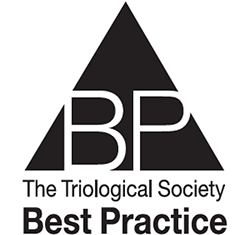Cochlear implant (CI) surgeons are faced with the increasingly difficult task of choosing the “right” device despite a growing number of choices and conflicting evidence regarding the relative importance of various anatomic, surgical, and device-specific factors.



